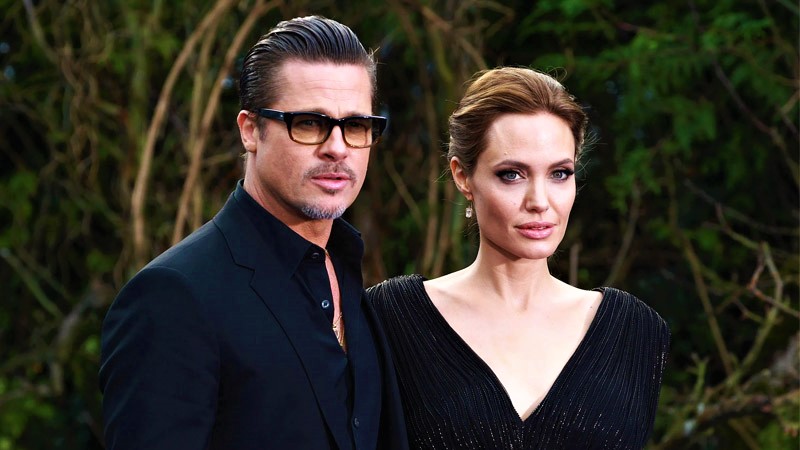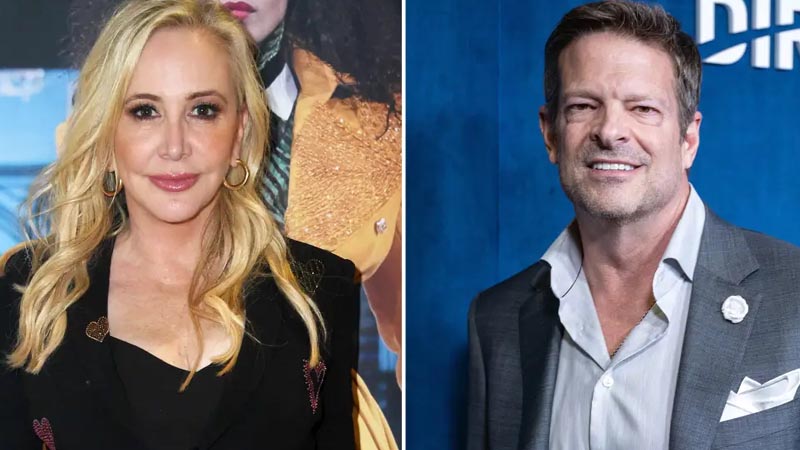Wendy Williams Battles Exploitation Allegations in Unsealed Lawsuit Against A+E Networks

(Lifetime)
The recent unsealing of court documents has shed light on a contentious legal battle involving Wendy Williams and A+E Networks, the parent company of Lifetime, over the documentary “Where Is Wendy Williams?” The film, which delves into Williams’ struggles with her mental and physical health, as well as issues related to family, fame, and alcohol, has become a focal point of controversy due to allegations that it was produced without the proper consent from Williams’ court-appointed guardian.
The filings reveal that the contract under which the documentary was shot is being contested because Williams, the iconic former talk show host, lacked the legal and mental capacity to authorize her involvement in the project. Despite assurances that the film would cast her in a positive light, questions linger about the legitimacy of the entity that signed the contract with A+E Networks, permitting Williams’ participation in the documentary.
The complaint vehemently criticizes the exploitation of Williams, highlighting her revered status among fans and her vulnerable condition due to a serious medical issue. A+E Networks has responded to the lawsuit, hinting at a different narrative in their yet-to-be-unsealed documents, told Page Six.
The documentary, which aired in late February to significant viewership, spans approximately seven months of Williams’ life, capturing her challenges prior to seeking treatment for cognitive issues. Notably, Williams, along with her son Kevin Hunter Jr. and her jeweler-turned-manager William Selby, were credited as executive producers of the film.
The legal dispute originated from a lawsuit filed by Sabrina Morrissey, Williams’ temporary guardian, aiming to halt the documentary’s release. Although a temporary restraining order was initially granted, it was later overturned by an appellate court on the grounds of free speech protection.
The complaint further details the circumstances surrounding the filming of the documentary, alleging that Williams was not in a position to consent to the project due to her guardianship status established in 2022. It accuses Selby of failing to uphold promises about the documentary’s portrayal of Williams, which led to the unauthorized release of a trailer that Morrissey claims misrepresented Williams’ condition.
The documentary’s focus shifted from a comeback story to a more comprehensive look at Williams’ health challenges during production. The film’s producers have stated their unawareness of Williams’ dementia diagnosis at the outset and have defended their actions by highlighting attempts to communicate with Morrissey.
This legal and ethical quandary highlights the complexities surrounding consent, representation, and the rights of individuals under guardianship, especially in the context of media production and the portrayal of public figures facing health crises.


